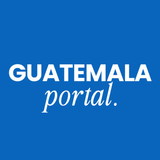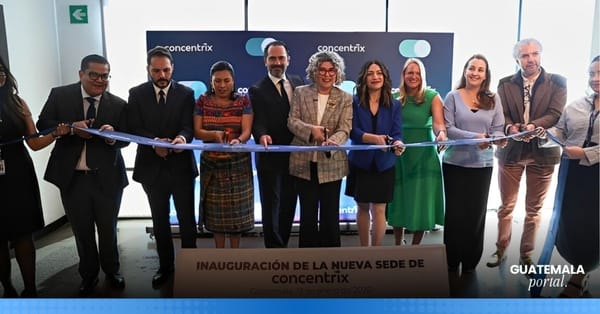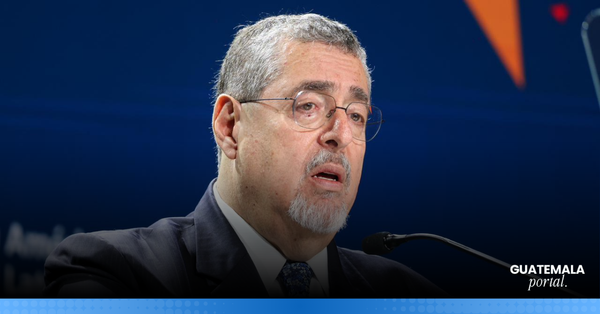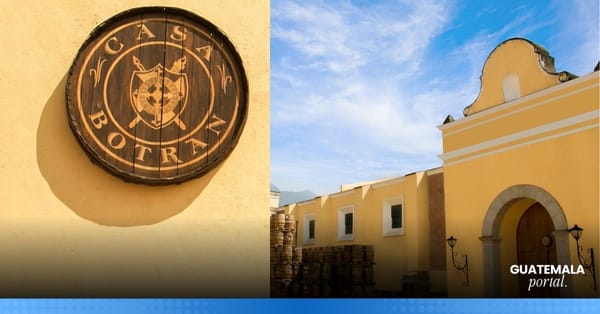Mastercard Report Reveals Guatemala Among Most Vulnerable to Cyberattacks
Mastercard’s Cyber Insights Report shows a 200% rise in cyberattacks in Guatemala, urging stronger digital resilience and cybersecurity investment.

Mastercard released new insights revealing that Guatemala’s fast-paced digital transformation, while driving innovation and financial inclusion, is also exposing the country to growing cybersecurity risks. According to the Cyber Insights Report Guatemala, cyberattacks surged by 200% in 2024, positioning the nation among the most vulnerable in Latin America.
Digital Acceleration and Rising Vulnerabilities
From digital payments to industrial modernization, Guatemala’s embrace of technology is reshaping key sectors. Yet this rapid shift comes with heightened exposure to cyber threats.
“The digitalization process should not be a risky path. Cybersecurity is the essential ally to fully harness the opportunities of this new environment,” said Francisco Milian, Country Manager of Mastercard for Guatemala, Honduras, and El Salvador.
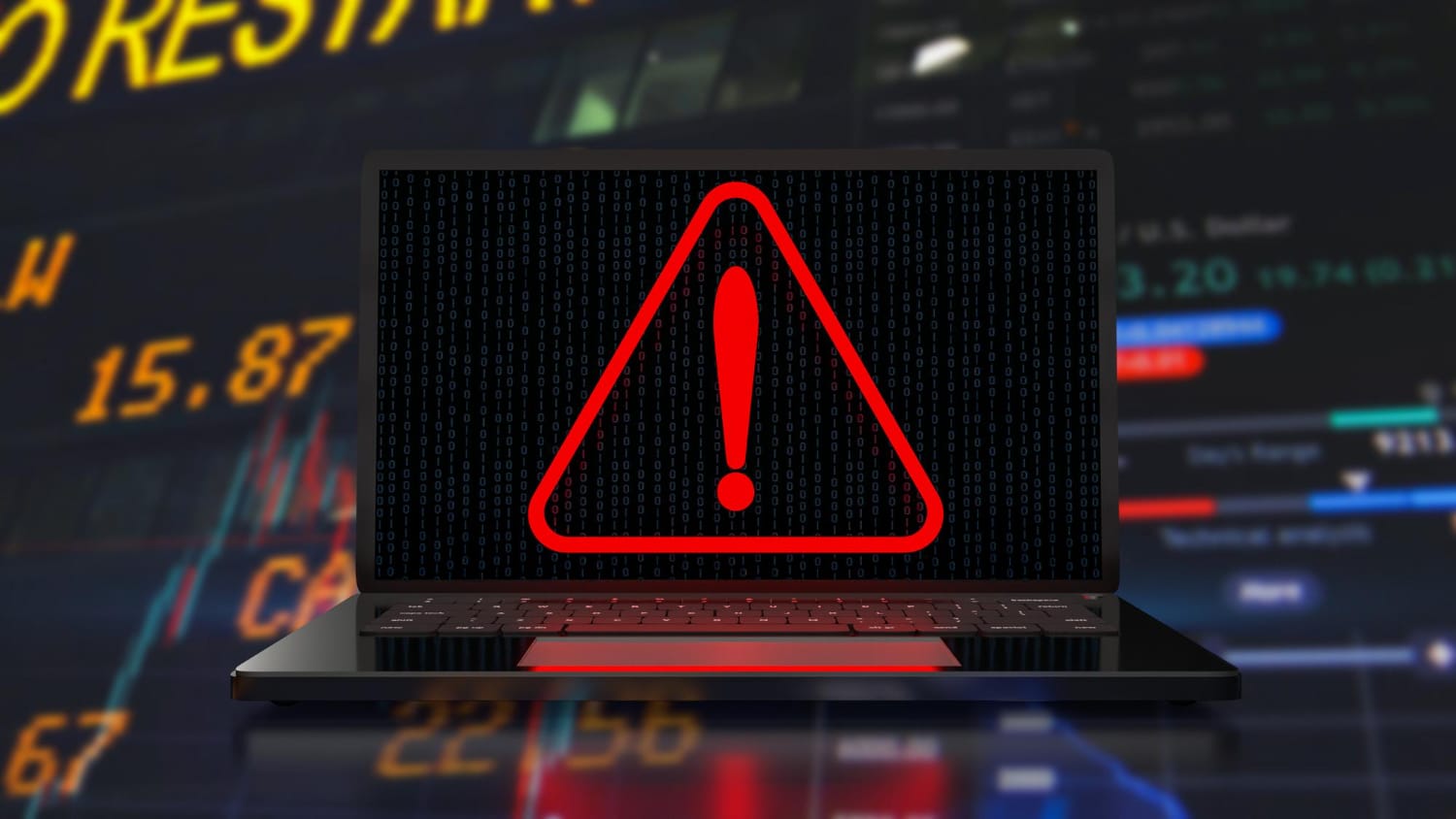
The report identifies malware and ransomware as the most frequent attack types, together accounting for 58% of incidents. They are followed by:
- Denial-of-service (DoS) attacks (9.9%)
- And phishing (6.9%).
The most targeted sectors include:
- Financial (19.3%)
- Industrial (16.8%)
- Technology (7.9%)
- And public (7.8%) institutions.
According to Milian, Guatemala’s vulnerability stems from the speed of its digitalization.
“It’s not only about electronic payments,” he explained. “We’re seeing risks in industries, production processes, and even in how consumers interact with technology.”
Strengthening Digital Resilience
To address these challenges, Mastercard recommends a series of strategies for organizations:
- Strengthening access controls
- Keeping systems constantly updated
- And fostering a corporate culture that prioritizes cybersecurity as part of everyday operations.
The report emphasizes that digital resilience depends on understanding risks across the entire value chain, including suppliers and strategic partners. This approach prevents a single vulnerability from endangering an entire ecosystem.
“Mastercard processes more than 159 billion transactions annually across over 210 countries,” noted Milian. “That global experience allows us to anticipate trends and share knowledge with Guatemala. Our commitment is long-term.”

Innovation at the Service of Security
Backed by a global investment of over USD 10.7 billion in the past six years, Mastercard has developed a suite of advanced cybersecurity solutions now available to Guatemalan clients. These include:
- NuDetect, which uses behavioral biometrics to validate identities in real time.
- RiskRecon, a solution for assessing third-party cybersecurity risks.
- CyberQuant, a diagnostic tool for measuring an organization’s cybersecurity maturity.
- Cyber Insights, a platform that tracks and reports emerging threats.
These technologies empower businesses to anticipate and mitigate risks, reducing both economic and reputational impacts.
A Long-Term Commitment to Digital Trust
For Mastercard, the mission goes beyond diagnosis. The company aims to be a strategic partner in building a safer and more reliable digital environment—one that enables individuals and businesses to fully participate in Guatemala’s digital economy without fear of cyber threats.
The company also calls for collective action among governments, businesses, and citizens to strengthen the region’s cybersecurity posture. As Milian emphasized, only by working together can Guatemala fully unlock the benefits of digital transformation while safeguarding its technological future.

